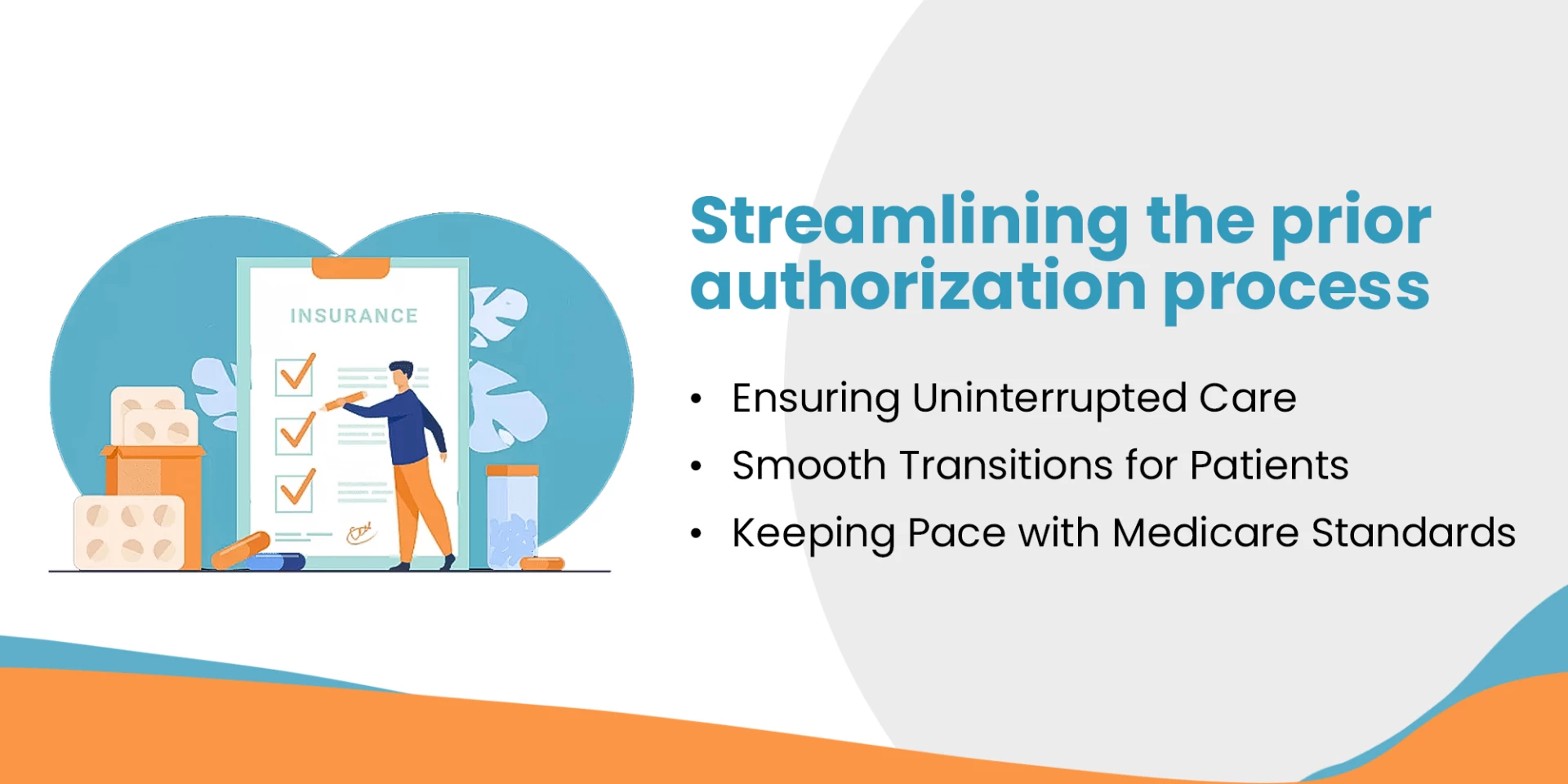For years, obscurity around prior authorization reform requirements has created significant burdens for healthcare providers. Also known as pre-certification, predetermination, and pre-approval, it’s a process in which practices must obtain approval from the health insurance carrier before providing the requisite treatment or medication. It’s a cost-containment tool utilized by payers to reduce payment for medically unnecessary or inappropriate patient care. While pre authorization reform does help in learning beforehand who will pay for the services rendered, payer or insurance payer, the process delays patient care.
According to data from the American Medical Association (AMA), physicians indicated that prior authorization reform issues may lead patients to abandon treatment altogether. This is certainly not a good sign for any provider, as their primary job is to offer quality care. This is also stressful since on average, physicians complete 41 prior authorizations each week and spend an average of two business days on the processes.
To an effect, there is some respite for providers and other healthcare stakeholders, who have been advocating for pre auth reforms for years. The Centers for Medicare & Medicaid Services (CMS) recently issued its 2024 Medicare Advantage (MA) and Part D Final Rule, applicable to coverage beginning January 1, 2024.
What is Medicare Advantage (MA) Prior Auth Changes?

The rules are designed to ensure people with MA plans have access to the same care they would receive in traditional Medicare. Medical care wouldn’t discontinue for the patients just because they’ve switched plans in the past. The American Medical Association says the new rules “have taken important steps toward rightsizing the pre authorization process. These changes aim to streamline the prior authorization process as further evident through the following points:
Ensuring Uninterrupted Care: Approvals for a course of treatment should stand strong as long as medically necessary and reasonable.
Smooth Transitions for Patients: A minimum 90-day transition period would be provided when a patient undergoing treatment switches to a new MA plan. During this time, the new plan is prohibited from additional prior auth for their ongoing treatment.
Keeping Pace with Medicare Standards: MA plans must review their prior authorization policies annually to ensure that all their processes align with the comprehensive coverage guidelines set by traditional Medicare, providing patients with the care they rightfully deserve.
What does it mean for the providers?
These CMS requirements in the final rule are commendable; AMA and MGMA, the major provider organizations, have also applauded the efforts.
“As the [AMA] continues to analyze the details of a new final rule that revises Medicare Advantage and the Medicare prescription drug benefit, an initial read suggests that the [CMS] has taken important steps toward right-sizing the prior authorization process imposed by Medicare Advantage plans on medical services and procedures,” Jack Resneck Jr., MD, president of AMA, said in a statement.
These measures would also help streamline revenue cycle in the following ways
1.) Accelerating the Revenue Cycle
2.) Minimizing Administrative Burdens
3.) Enhancing Care Coordination
4.) Improving Patient Satisfaction
5.) Reducing Costs and Denials
Discover How Texas-based Pain Management Group Improves Its Clean Payment Rate with End-to-end RCM Services
Final Thoughts
It’s clear that the new policies introduced by CMS would likely help reduce administrative burden and align Medicare Advantage regulations, but the providers need to continuously advocate for more prior authorization reforms. Optimizing the prior authorization process further would help reduce administrative burdens placed on healthcare providers and improve patient care coordination.







